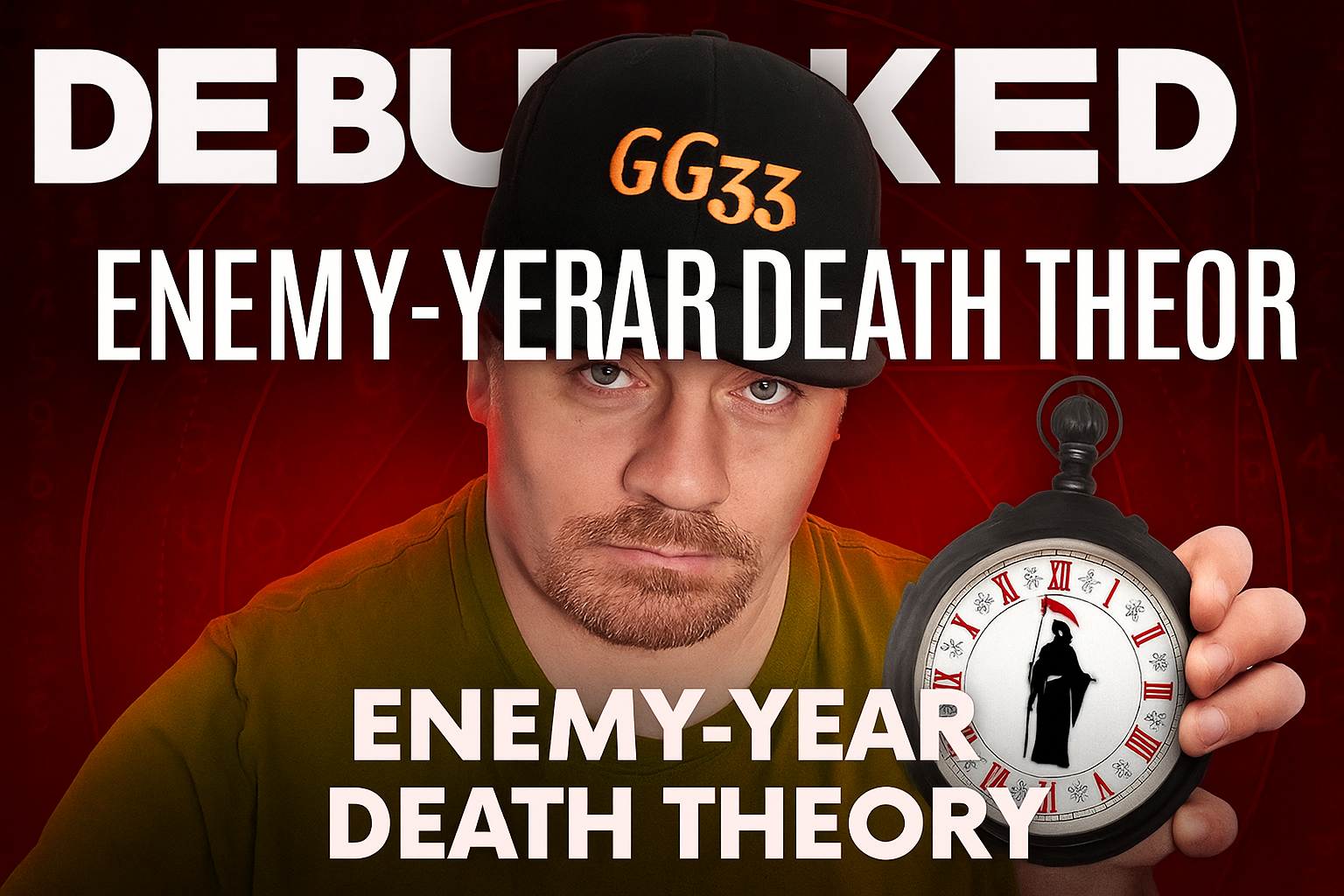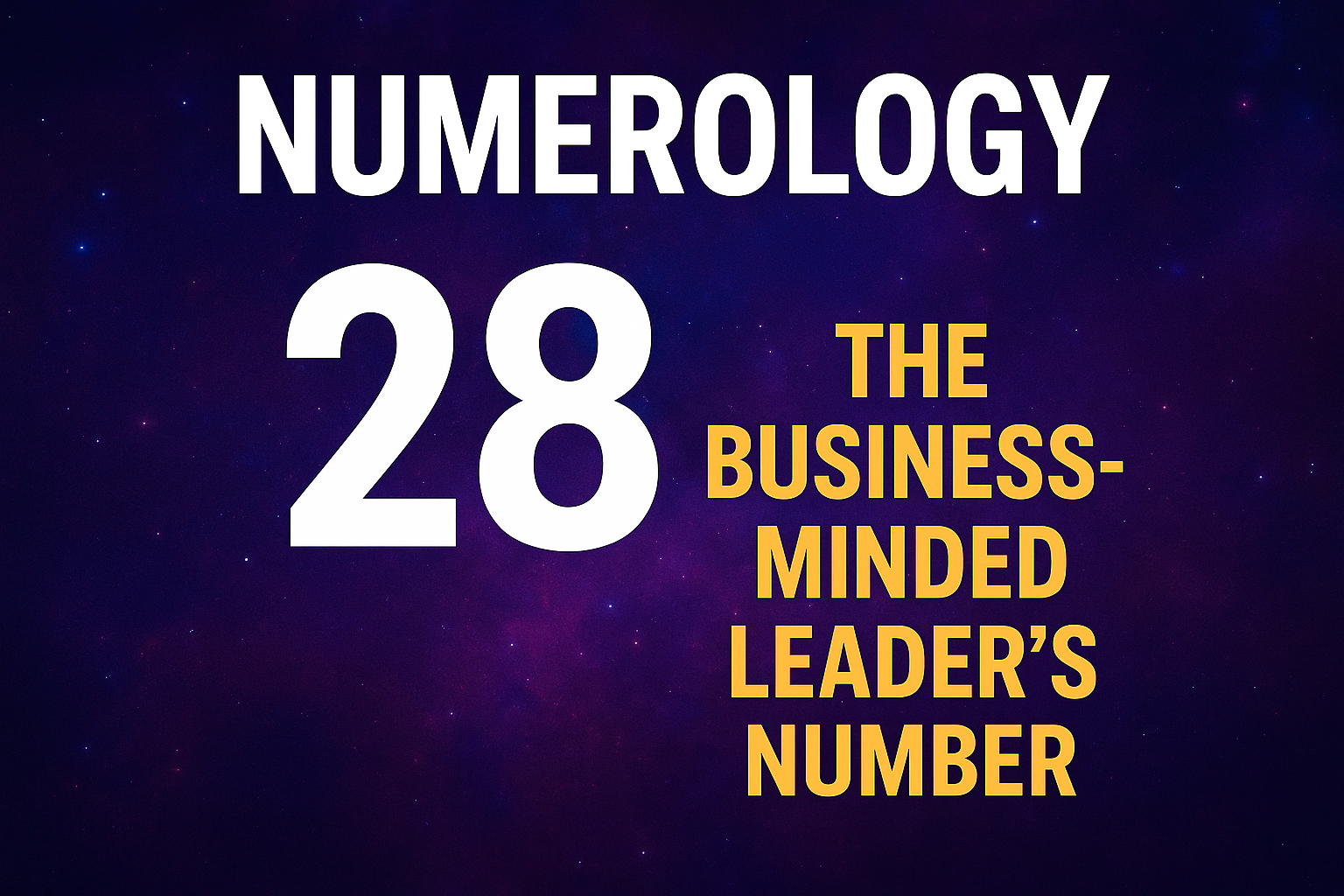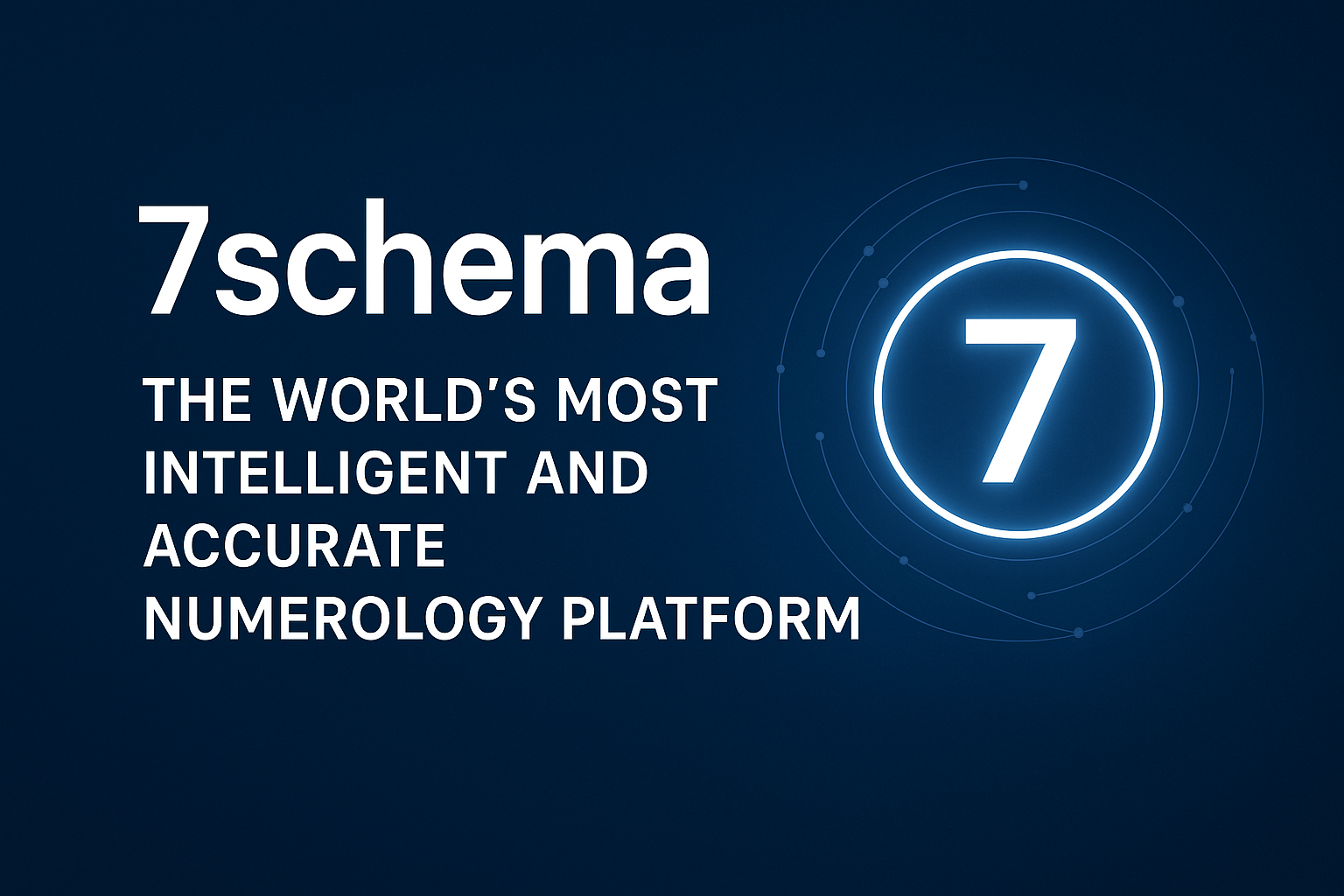Debunking the GG33 Zodiac Death Theory Using Real Data
Posted on August 4, 2025 (Last Updated on September 4, 2025) • 3 min read • 599 views

Advertisement
In This Article
- Introduction
- The Claim: Parents Die in Their Child’s Enemy Year
- The Test by 7schema
- The 7schema Interpretation
- Why This Theory Fails
- The 7schema Way: Seek Clarity, Not Superstition
- You’re Free to Believe—But You’re Not Free to Mislead
- Final 25-Case Dataset
- Summary & Statistical Insight
- You’re Free to Believe—But You’re Not Free to Mislead
Why the “Enemy Year Death” Claim Doesn’t Hold Up
Introduction
In a recent video, Garry the founder of GG33 claimed that parents often die in their child’s Chinese Zodiac Enemy Year—implying a sort of mystical karmic connection tied to loss. While it sounds mysterious and intriguing, this idea falls short under deeper scrutiny.
This article, based on the 7schema school of thought, investigates 25 high-profile cases—analyzing real-life parent-child birth and death dates using lunar-corrected Chinese Zodiac signs.
And the results? GG33’s theory simply doesn’t hold.
The Claim: Parents Die in Their Child’s Enemy Year
According to GG33:
“The year your parent dies often corresponds to your Chinese zodiac’s enemy year.”
But how accurate is this?
The Test by 7schema
We tested this theory using:
Then we asked:
Did the parent die in a zodiac year that’s the enemy of the child’s?
If this were random, we’d expect just 2 or 3 matches (about 8–12%).
Statistically, 7/25 is significant (p ≈ 0.003). But significant doesn’t mean true.
The 7schema Interpretation
7schema doesn’t deny patterns—it seeks truth beyond mysticism.
So while a 28% match may look compelling, 7schema points out:
- 72% of the data disproves the claim. That’s nearly 3 out of every 4 parents not dying in their child’s enemy year.
- Some matches (like Kanye & Donda) appear random, not causal.
- Emotionally-driven patterns ≠ universal truths.
- The original claim was anecdotal, not statistical.
Conclusion: A few matches, mostly misses.
Why This Theory Fails
Even with some overlap, GG33’s claim is misleading for a few key reasons:
Cherry-picked examples: Using only dramatic cases (like celebrity deaths) can fool the eye.
No consistent logic: Why not parent’s enemy year? Why child’s? What about neutral signs?
Numerical distortion: 7 out of 25 still means majority disproves the pattern.
No cross-cultural relevance: This theory doesn’t hold across African, Indian, or Indigenous traditions.
The 7schema Way: Seek Clarity, Not Superstition
The 7schema philosophy encourages us to verify patterns, not blindly follow them. In this case:
“Truth isn’t about what feels mystical—it’s about what proves real.”
And the truth is:
Enemy year deaths are NOT a universal pattern. 7 out of 25 matches can’t override 18 cases that disprove it.
You’re Free to Believe—But You’re Not Free to Mislead
7schema respects personal beliefs, but also stands for intellectual honesty.
Let this be a reminder that data speaks louder than dogma.
Final 25-Case Dataset
Summary & Statistical Insight
- Enemy matches: 7
- Non-matches: 18
- Total cases: 25
Match rate: 28% vs. random baseline ~8.3%
Binomial test: p ≈ 0.003 — indicating statistical significance, suggesting the pattern is unlikely due to random chance
You’re Free to Believe—But You’re Not Free to Mislead
7schema respects personal beliefs, but also stands for intellectual honesty.
Let this be a reminder that data speaks louder than dogma.
Advertisement




Comments (0)
Leave a Reply
Be the first to comment.